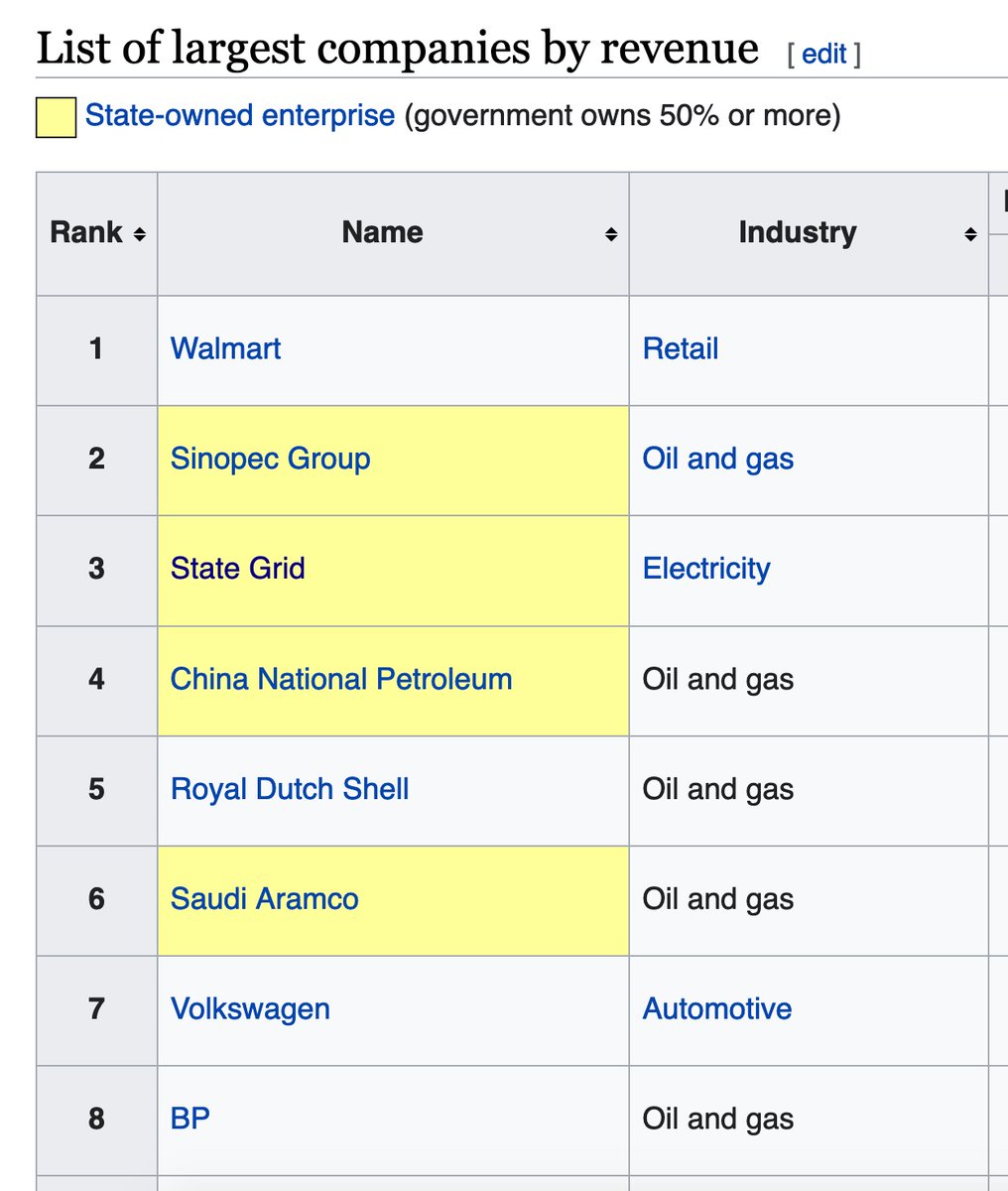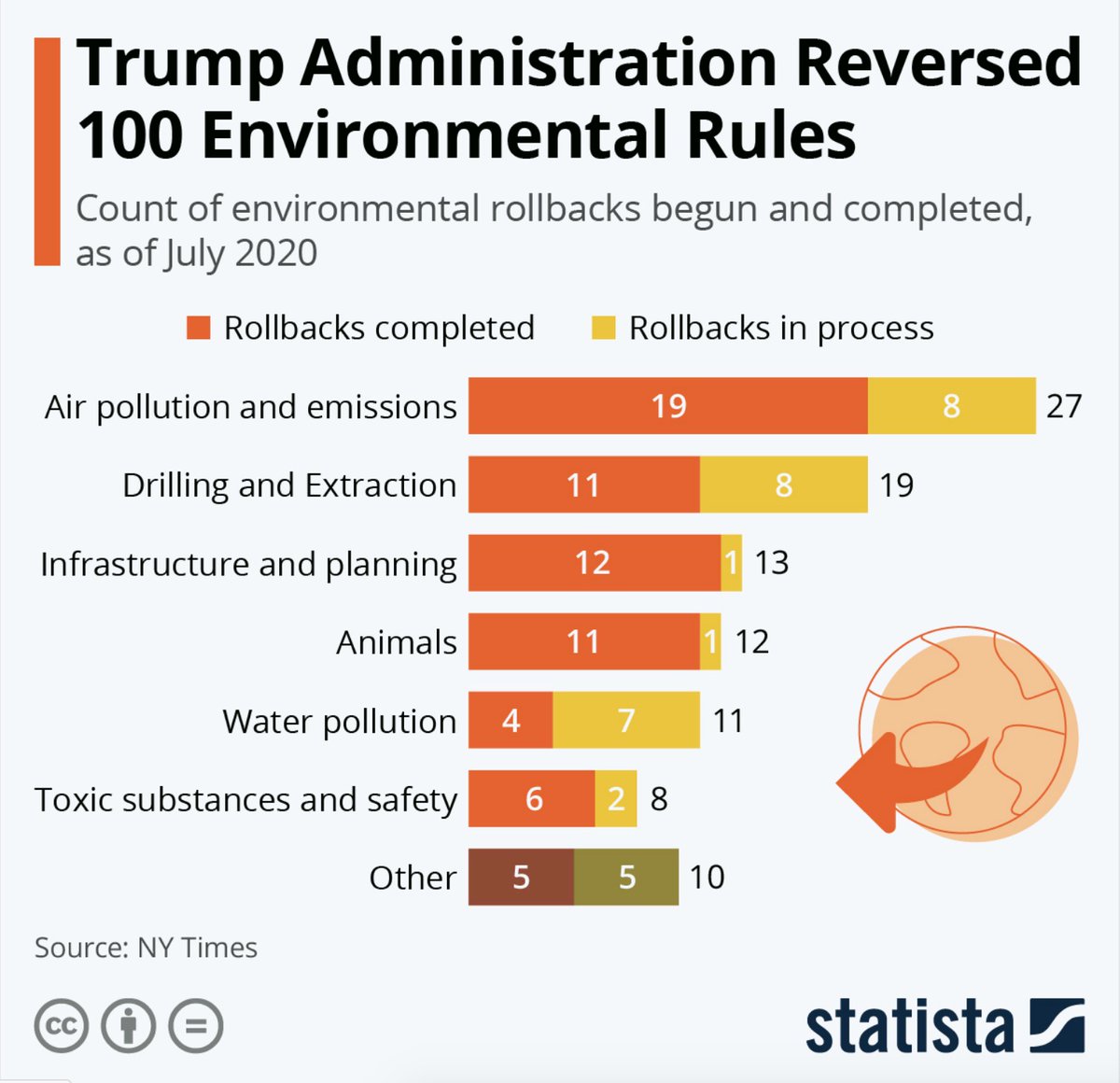
If your home is outside the 100-year flood plain, you're not required to purchase flood insurance. Well, guess what climate change is doing now ... and taxpayers are at risk for footing the bill. More: politico.com/news/2020/11/3…
In Houston, for example, it's estimated that climate change increased the rainfall that fell during Hurricane Harvey by nearly 40% ... and 80% of high water rescue calls were outside the flood zone chron.com/news/houston-t…
It's not just hurricanes ... in Houston, Harvey was the third 500-year flood event in THREE YEARS. Our definitions of flood zones are already quaintly obsolete, thanks to a changing climate. washingtonpost.com/news/wonk/wp/2…
For an explanation of how the stationarity assumption on which we have built our civilization is dead, see our Global Weirding videos on regional climate impacts. We have one for each US region, e.g.
I'd be remiss not to point out that, at the local level, we are often making things worse. Climate change affects the amount of rain that falls, but urbanization affects how much of a flood risk it poses. Again, Houston is the poster child: qz.com/1064364/hurric…
• • •
Missing some Tweet in this thread? You can try to
force a refresh




